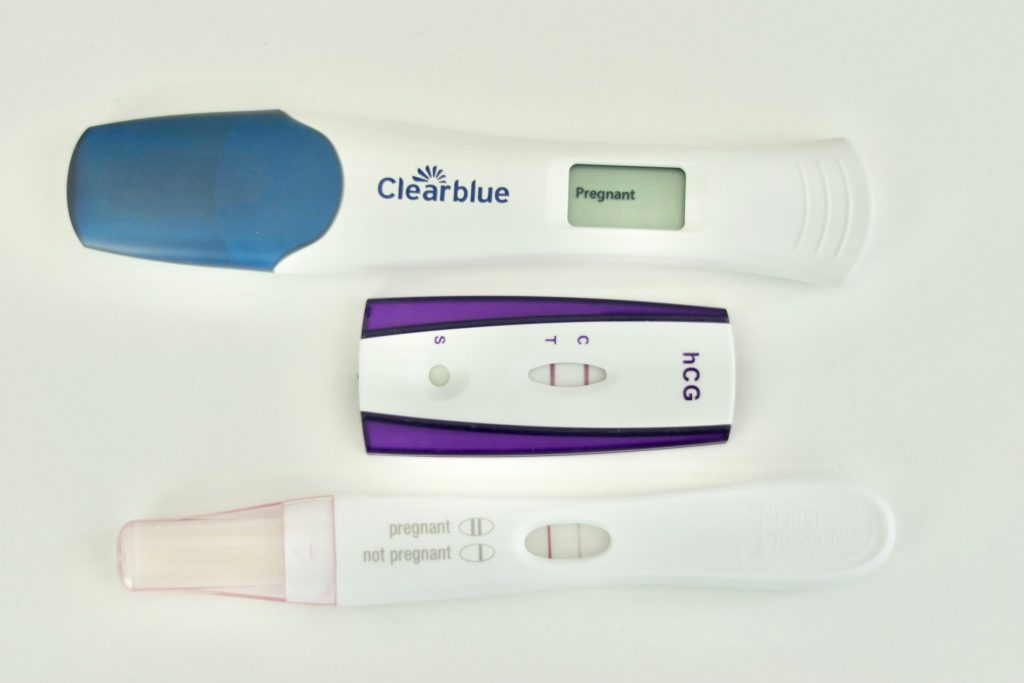Our Guide to Fertility Testing
There are many reasons why you and your partner may be thinking about fertility testing. Perhaps you’ve been trying to conceive for a while without success, you’re over the age of 35, you’ve previously experienced problems falling pregnant, you’ve been diagnosed with a health condition that is known to impact fertility (such as cancer), or you just want to get an idea of your reproductive health before trying to conceive.
Whatever the reason, many different types of tests may be performed. We’ve taken a closer look at what these tests are, what sorts of results they may garner, and how they can advise your fertility journey.
If you suspect that you or your partner is infertile, the team at Dr Hugo Fernandes is here to help. We can provide fertility testing to help you get to the bottom of the issue and are IVF specialists who can give you the best chances at conceiving moving forward. Contact us for personalised advice.
Types of Fertility Testing
There are quite a few different types of tests that may be performed when assessing your or your partner’s fertility. The tests you or your doctor choose to perform will depend on varying factors, from your age and how long you’ve been trying to conceive to your personal and familial medical history.
-
Physical Examination
This includes a comprehensive review of your medical history (such as past surgeries, medications, and reproductive history) and a detailed physical examination. This can help your doctor identify any pre-existing health conditions, genetic factors, hormone imbalances, or lifestyle habits that could be impacting your fertility.
-
Ovulation Tracking
Basal body temperature (BBT) charting, ovulation predictor kits (OPKs), cervical mucus analysis, and ultrasounds may be used to monitor your menstrual cycle and determine the timing and regularity of ovulation. This allows your doctor to optimise the timing for conception, as well as diagnose any irregularities that may be impacting your fertility.
-
Hormonal Tests
Measuring the various hormone levels that affect reproductive health – including follicle-stimulating hormone (FSH), luteinising hormone (LH), estradiol, progesterone, and testosterone – plays a crucial role in assessing fertility. Abnormal levels could indicate an issue that impacts fertility, such as polycystic ovarian syndrome (PCOS).
-
Thyroid Function Tests
Thyroid disorders can have a significant impact on fertility, so measuring your levels of thyroid-stimulating hormone (TSH) is essential. Abnormal TSH levels can indicate conditions like hypothyroidism, which may affect your reproductive health. Monitoring thyroid function ensures that these disorders are diagnosed and managed early.
-
Anti-Mullerian Hormone (AMH) Test
This blood test looks at your AMH levels, which gives doctors an idea of how many eggs remain in your ovaries. A lower AMH level can indicate that you have a diminished ovarian reserve. This test helps doctors to predict your ovarian function and guide their fertility treatment decisions, if applicable.
-
Antral Follicle Count (AFC) Test
This test is conducted via ultrasound and allows the small follicles in your ovaries to be counted. Similar to the AMH test, it gives doctors an idea of how many eggs remain in your ovaries and helps them assess your fertility potential. This information is often used to optimise reproductive health and guide treatment strategies.
-
Hysterosalpingography (HSG) Test
This non-invasive procedure is used to evaluate your uterine cavity and fallopian tubes. It involves a contrast dye being injected into the uterus, which provides a clear image of the uterine lining and can aid in the detection of anomalies (like fibroids, polyps, or adhesions). It can also help to identify tubal blockages or abnormalities.
This minimally invasive surgical procedure is used to examine your pelvic organs (such as the uterus, fallopian tubes, and ovaries). It allows your doctor to visually identify structural abnormalities in your reproductive system (like endometriosis, adhesions, or tubal blockages) that may be impacting your fertility.
-
Semen Analysis
The most common fertility test for men, a semen analysis looks at sperm count, motility, morphology, and other factors that may affect sperm health. It can help to identify potential causes of male infertility (such as low sperm count, poor motility, or abnormal morphology) and guide appropriate treatment strategies.
Interpreting Fertility Testing Results
Once you’ve completed fertility testing, understanding your results and what they mean for your goal of falling pregnant is essential. Fortunately, your doctor will walk
you through your results using easy-to-understand language so that there is no confusion. They will also offer guidance and recommendations on how you should proceed if it is found that you are infertile or that there is an issue impacting your fertility.
Be Guided by Dr Hugo Fernandes on Your Fertility Testing Journey
While it’s a very exciting time, trying to conceive can also be incredibly stressful – particularly if you suspect an issue. Dr Hugo Fernandes and his team are well-versed in the potential challenges facing couples trying to fall pregnant and can provide comprehensive testing to assess your fertility health. If an issue is unfortunately detected, Dr Hugo can also help you overcome it (from specialist laparoscopic procedures to rectify the issue to assisted reproductive technologies to help you conceive).
We’d love to walk with you on your fertility journey – contact our compassionate team today.


